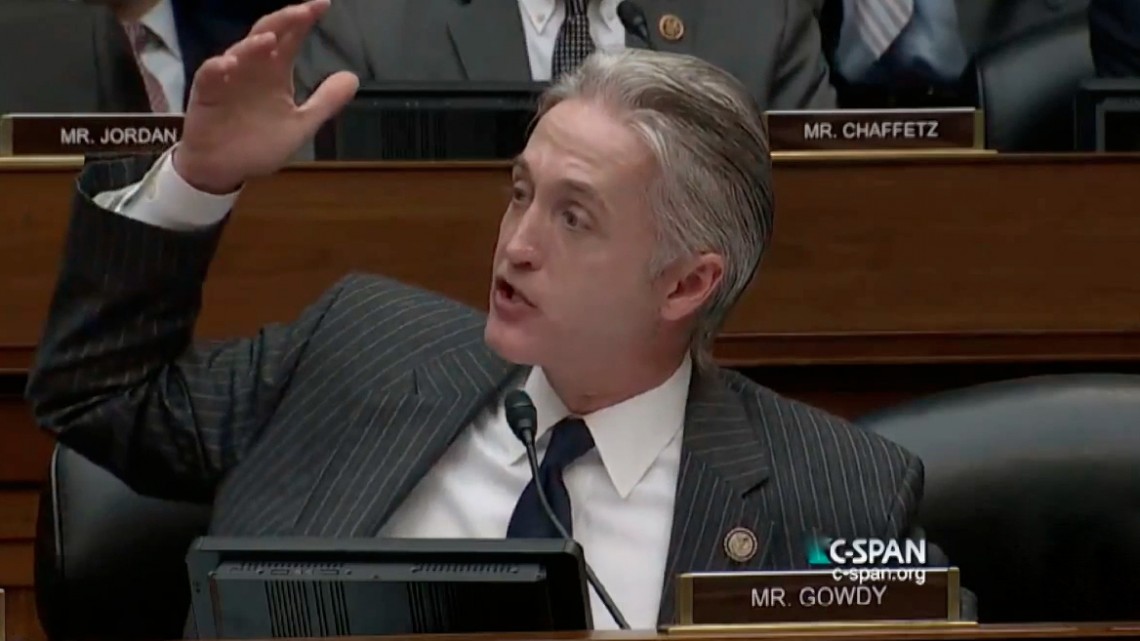This is one more in a (hopefully!) continuing series of statements (saved from the State Department’s black hole!) that readers of RRW have sent in response to their notice of a comment period on the “size and scope” of refugee admissions for fiscal year 2015.
Longtime readers know that Maine has been a hotbed of controversy ever since Catholic Charities began encouraging the resettlement of Somalis to Portland and Lewiston Maine about 15 years ago.
Here (below) a reader from Maine expresses his concern about the program and asks that it be strictly limited.
Be sure to read yesterday’s post in which we directed readers and those who submitted statements to the US State Department to write to Rep. Trey Gowdy who chairs the all important subcommittee responsible for refugee resettlement and ask that he obtain the statements from contractors that the State Department is withholding from the public. What are they afraid of?

From Michael in Maine:
Dear Ms. Spruell:
I am concerned with the large numbers of refugees (~70,000 a year) that are being resettled in the U.S. I am particularly concerned regarding the large number of people claiming refugee status who are from countries containing significant populations that are not friendly with the U.S. Unfriendly populations often include people who are not aligned with the countries’ governments, so just because these people are refugees does not mean that they are pro-American.
I do not wish for anyone to be forced to live under oppression, but in many, and perhaps most, cases it seems to me that it would be better to try to resettle refugees in less oppressive countries more similar to or nearer to their home country rather than to the U.S. Moreover, there is great concern that the number of refugees we are letting in currently is so great that it is overwhelming our ability to properly screen applicants for fraudulent claims.
I think that we could probably get by with a refugee program that relocated about 1/5 of the people to the U.S. that we do now; moreover, our program ought to prioritize refugees based on how easily they can be assimilated to the U.S. For those who cannot easily be assimilated to our culture we should find alternate countries and help them to immigrate to them instead.
I am also very concerned about the influence of various Refugee advocacy groups, such as the U.S. Conference of Catholic Bishops and the Lutheran Immigration and Refugee Service, who gain financially from government contracts when the number of refugees increases.
Given that (for reasons that remain unclear to me) there will be no public hearing this year, I would like for a complete record of all comments to be published.
I am sending written copies of this mail to Anne C. Richard, Asst. Secretary of State for Population, Refugees and Migration, and to the proper House and Senate Judiciary Committee Subcommittees. I am also sending electronic copies to my Senators and my Congresswoman, using their on-line contact forms.
Michael
cc: Senator Susan Collins, Senator Angus King, Representative Chellie Pingree,
House of Representatives Judiciary Committee, Subcommittee on Immigration and Border Security, US Senate Judiciary Committee, Subcommittee on Immigration, Refugees and Border Security.
See all of our posts relating to this year’s State Department hearing by clicking here. And, see our extensive archive on Maine, here.
And, by the way, if anyone gets any interesting response from an elected representative, send it our way.
One last thing—next week the Lutherans send 50 refugees to Capitol Hill to lobby Congress (for more money and more refugees), so it’s especially important that you get your statements in at this time as well.


